Pakistan
Dear fellow caregivers,
You have a patient from Pakistan.
Here is a list of useful information to know in the context of their medical care.
General Information
Islamabad : 3 678 miles
207.7 million inhabitants / Average salary: $105 per month
Literacy rate: 73.71% / Life expectancy: 65.90 years
Spoken languages : The Urdu and English
● In Pakistan, over 95% of the population is Muslim.
● Generally permitted procedures include: Circumcision (strongly encouraged), blood transfusions, in vitro fertilization, organ transplantation and organ donation.
● Abortion is illegal except in cases of danger to the life of the mother.
● A system of selective abortion to bear a boy may still exist and is responsible for serious population imbalances.
● In Pakistan, births outside of marriage are condemned.
● Adultery is punishable by death there, as is homosexuality.
● The most common infectious diseases are: chikungunya, cholera, dengue, Japanese encephalitis, yellow fever, avian flu, hepatitis A and B, malaria, rabies, tuberculosis, typhoid, COVID-19 and Zika.
Communication
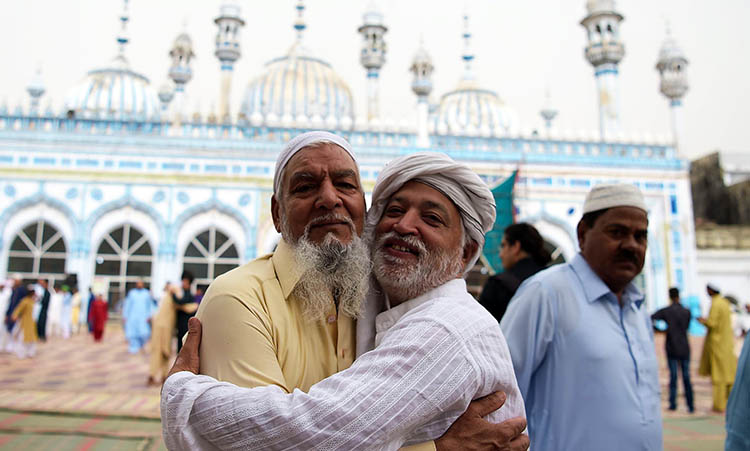
● Shaking hands is the standard form of greeting. It should be shaken with the right hand. It is best not to shake hands with patients or family members of the opposite sex.
● In Pakistan, it is customary to address the head of the household first for medical discussions. The latter then communicates decisions made to the caregiver.
● Culturally, Pakistani women may tend to defer to their husbands to answer questions if he is present.
● Traditionally, when a man is in contact with a woman, he is expected to avoid eye contact or physical contact.
● Women are often socially separated from men. This cultural tradition can impact patient visits.
● Sexuality is a sensitive topic and should be approached with caution.
Beliefs, Practices & Rituals
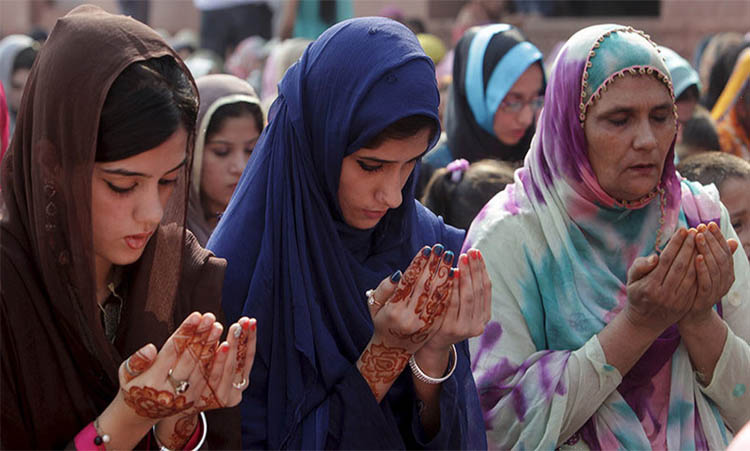
● In Pakistan, prayer is performed 5 times a day towards Mecca at dawn, noon, afternoon, sunset and evening.
● Muslims wash their heads, hands and feet before praying .
● Some Pakistani Muslim patients may recite the Quran in a low voice to reduce pain.
● Some Pakistani Muslims may prefer injection treatments rather than oral treatments.
● During Ramadan, taking small amounts of blood is allowed and does not interrupt fasting.
● During Ramadan, the sufferer is allowed to eat to regain strength if the doctor deems it necessary.
● During Ramadan, therapeutic massage is allowed and does not break the fast, unlike comfort and wellness massage.
● In Pakistan, a woman cannot be massaged by a man and vice versa, showing only the areas to be treated.
● In some regions/families, female circumcision is still a common practice.
● FGC can cause psychological but also physical problems, such as lower abdominal and/or vaginal pain.
Eating habits
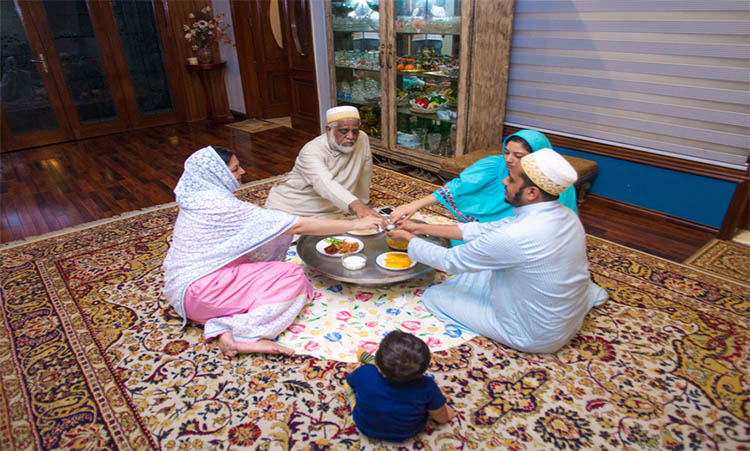
● Pakistani food consists mainly of beef, chicken, and mutton cooked with curry and/or other spices.
● The consumption of pork and alcohol is prohibited. Therefore, it is best not to prescribe pork gelatin-coated medicines containing alcohol, if possible.
● Muslims eat “Halal” meat, i.e. from animals that have been slaughtered according to religious rites.
● The left hand is considered dirty, so food is served with the right hand.
● The use of cutlery is accepted even though Pakistanis might prefer to eat with the hand.
● During the month of Ramadan, fasting is required every day from sunrise to sunset.
Pregnancy and motherhood
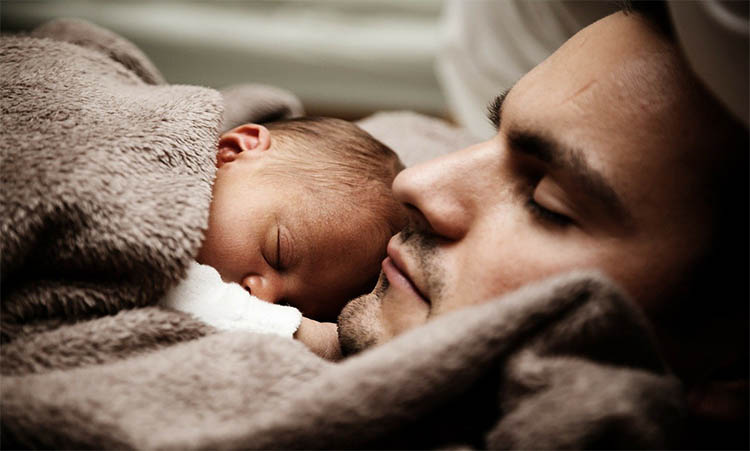
● After giving birth, it is customary for mothers to rest for 40 days.
● It is traditional for a woman to give birth at home assisted by a midwife called a “dai”, or a family member, such as an aunt or mother-in-law.
● A patient who has undergone an excision may be prone to complications, such as a star-shaped tear in the perineum.
End-of-life care
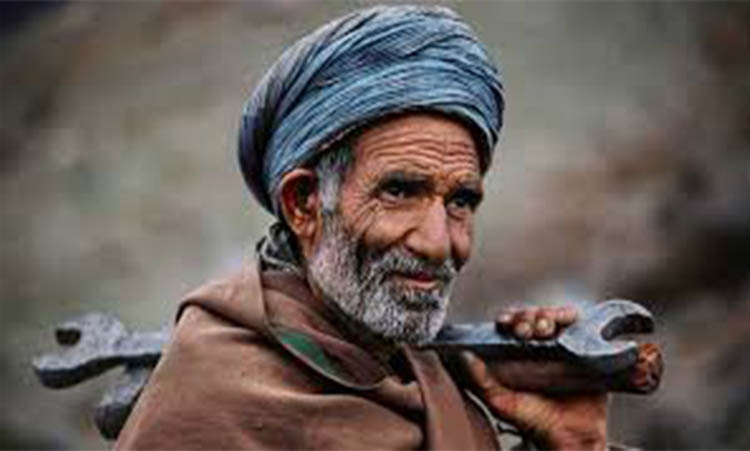
● At the end of life, the presence of a religious advisor may be requested by the family.
● The head of the family will appreciate being informed of the progress of the illness.
● If possible, place the patient’s head in the direction of Mecca.
● A relative or imam may recite the Shahada, profession of faith (this can be recorded by a family member and broadcast).
● The family might ask to arrange for the ritual washing of the body.
● Pakistanis prefer to avoid cremation or embalming unless required by law.
● Autopsies are also avoided.
● In Pakistan, there is no prohibition against organ donation if it will save a life.
Examples
This section allows us to share experiences. Feel free to share yours with the community.
● Cleveland Clinic – Diversity Toolkit
● Geri-Ann Galanti – Caring for patients from different cultures, 5ème édition
